Active carbon has become a more recognized material by people who care about the air they are breathing. From air filters and purifiers to masks, its power and performance are a strong force to combat odors and fumes. Below we break down what exactly activated carbon is, how it works and how we use it in our filters to add a layer of odor protection in every mask.
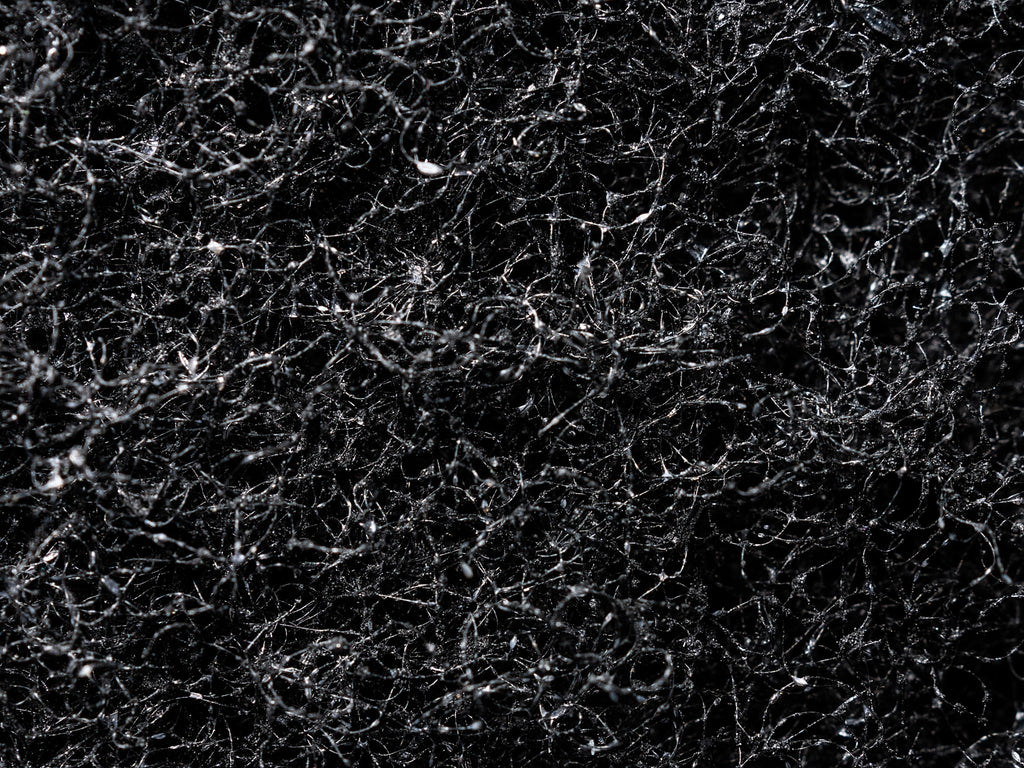
What is activated carbon?
Activated carbon, also known as activated charcoal, that has been processed to have a large surface area. Carbon is activated by injecting it with hot air, carbon dioxide, or steam, which creates a lattice of tiny, low volume pores in the carbon which increases its surface area. Activated carbon removes pollutants from the air through adsorption. Adsorption, not to be confused with absorption, is the process of a solid holding the molecules of gas as a thin film vs. absorption, where pollutants are absorbed inside the structure. The carbon traps the pollutants so that they aren’t absorbed inside your lungs.

What can active carbon do?
Active carbon can remove volatile organic compounds (VOCs), odors, and other gaseous pollutants from the air by trapping gas molecules on a bed of charcoal. While most particle filters cannot remove unpleasant smells, carbon filters can remove smells and some gases in smoke. With the F1 filter, you can get the best of both worlds. Our standard RZ Mask filter consists of four layers. The second layer is the active carbon layer that helps to reduce the harmful fumes and odors. It’s surrounded by multiple additional layers that help to trap up to 99.9% of airborne particulates down to .1 micron.

How long can active carbon last?
Active carbon filters need to be replaced after the carbon has become saturated. There are no visible signs to know when the carbon is saturated. The life expectancy of the RZ Filter depends on many variables, such as; particulate exposure density, particulate exposure duration, and user breathing rate. With that said, below are our general guidelines – as the user will have the final call given your exposure.
+ 20-30+ hours of continuous use in heavy dust exposure to things such as; grain bins, off-roading, construction/demolition, etc.
+ 30-40+ hours of continuous use in light dust exposure to things such as; grain bins, off-roading, construction/demolition, etc.
+ 50-60+ hours of continuous use when protecting against allergens, pollutants, odors, etc.

Who should use active carbon filters?
Anyone can use active carbon filters and there are many different use cases. Just a few of the types of activities or environments when someone would be aided by an active carbon filter include:
- If you live in an area heavily impacted by wildfire or pollution with a poor Air Quality Index (AQI)
- Sanitation workers
- Agriculture work such as pig farming
- People who suffer from allergies from secondhand smoke or impure air
- People sensitive to paint fumes (RZ Mask is recommended for use with organic, water-based paint)


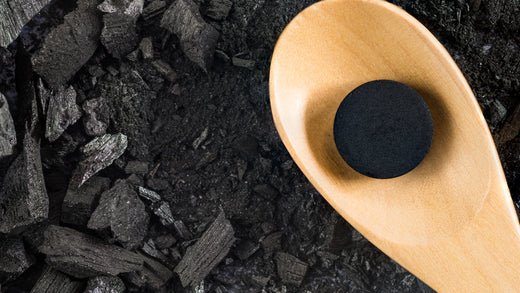
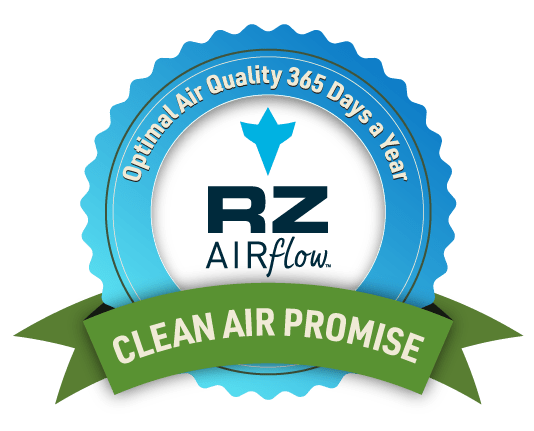
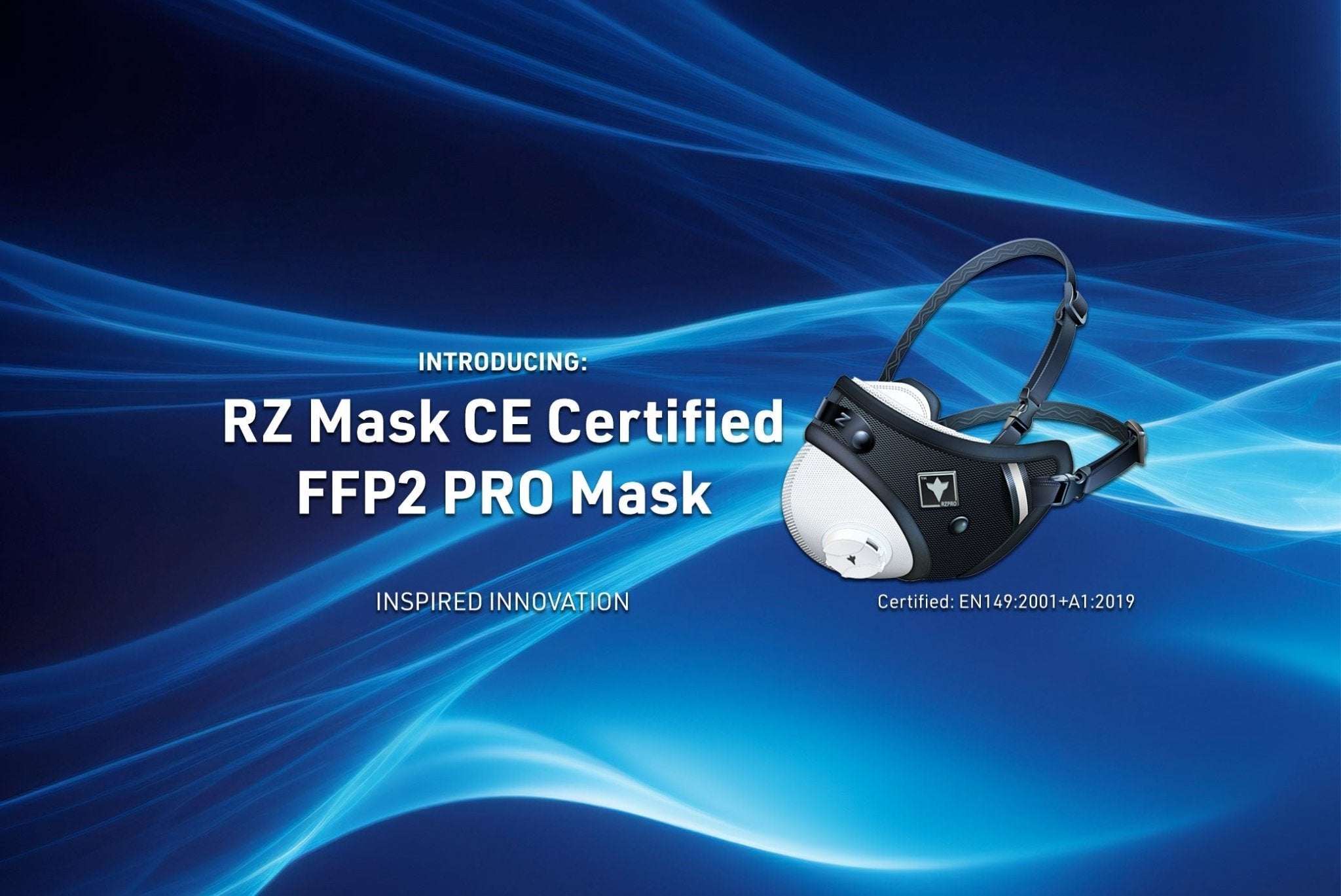
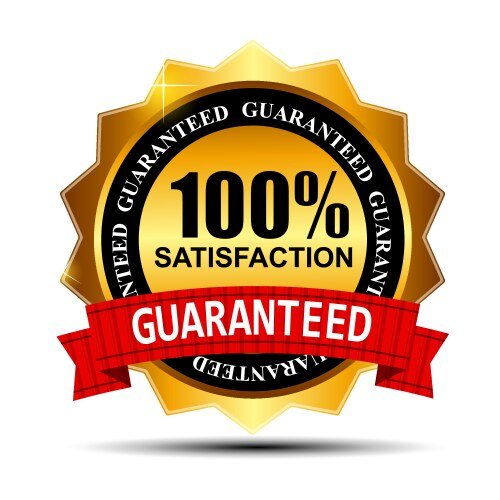
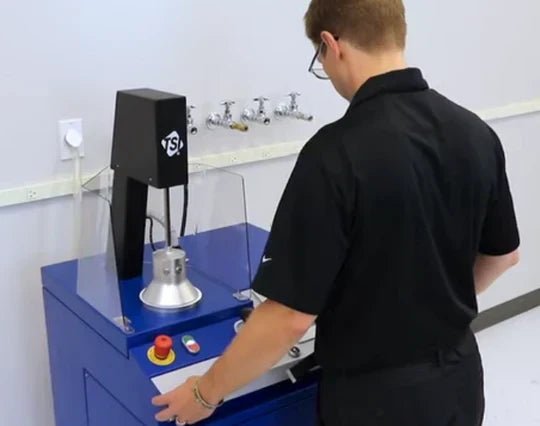
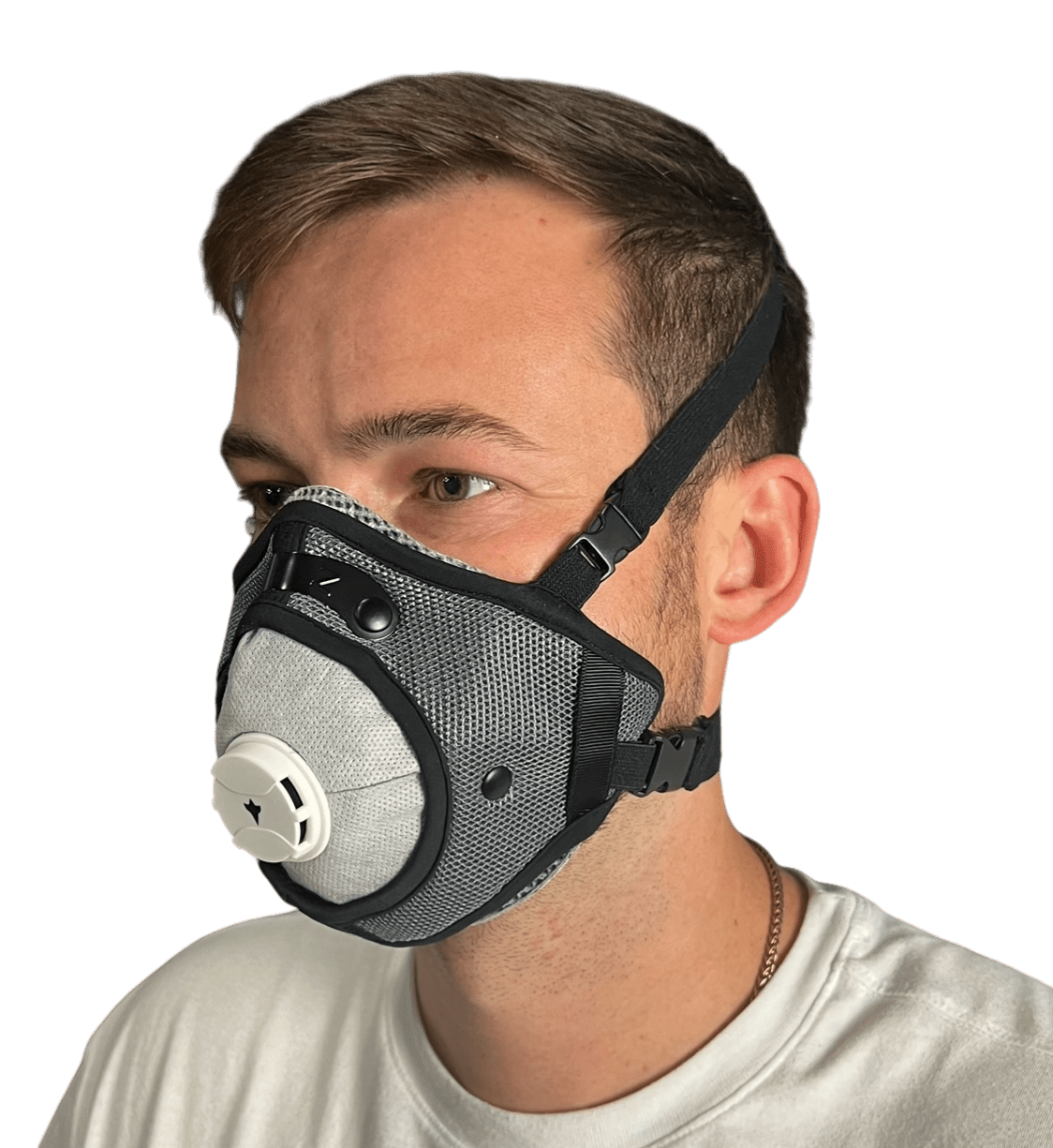
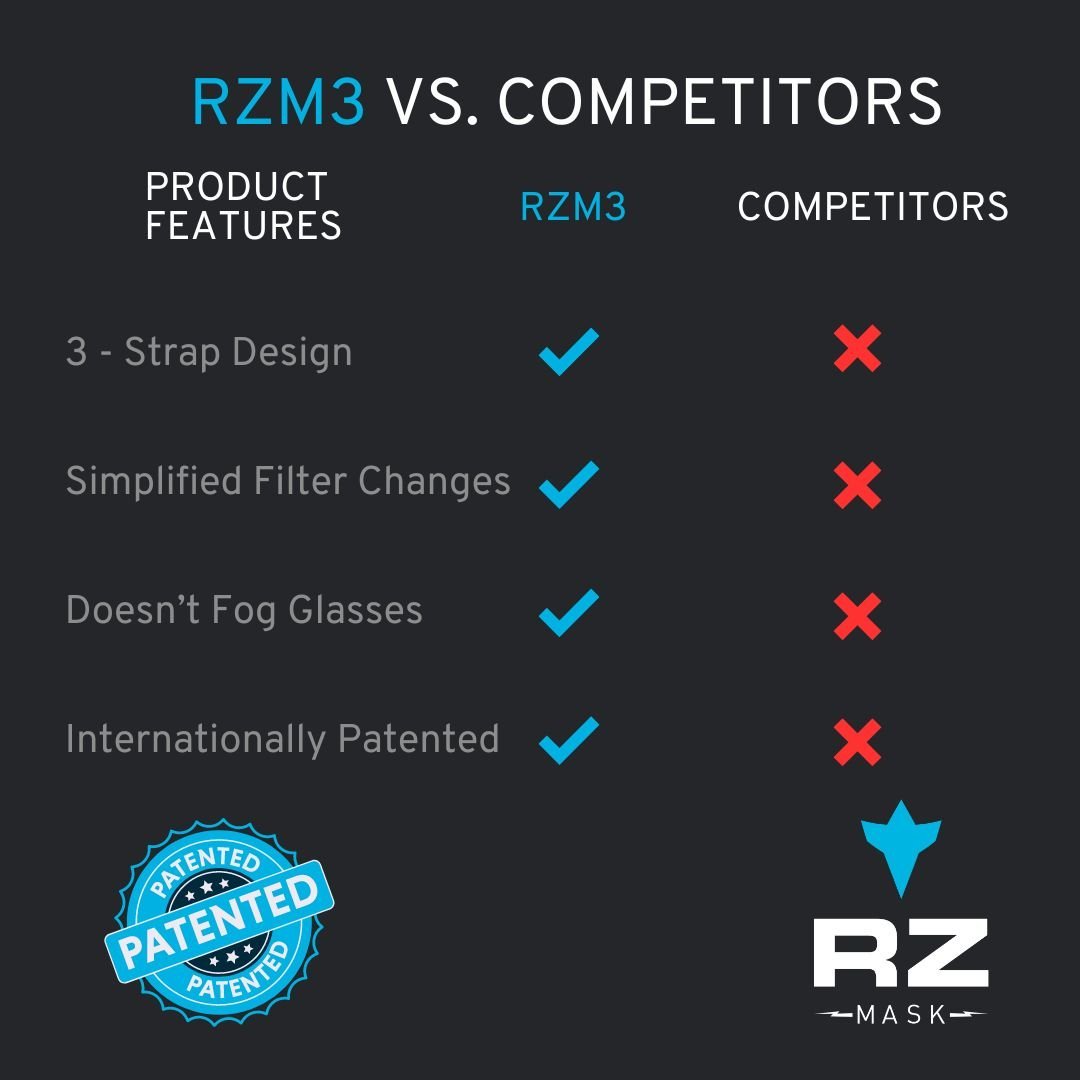
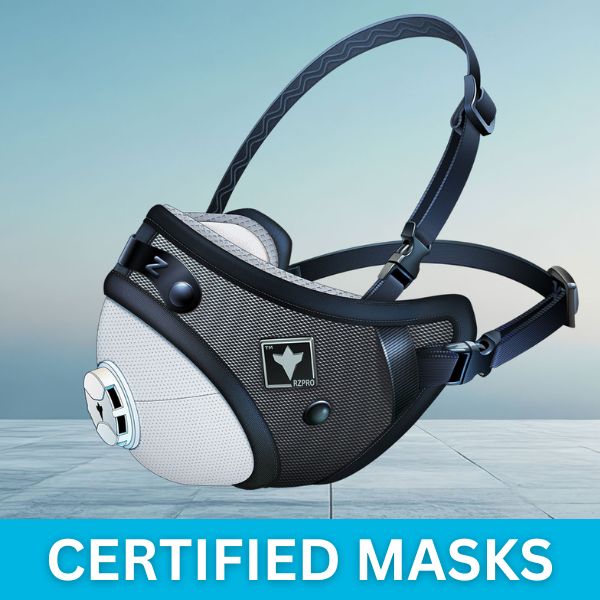
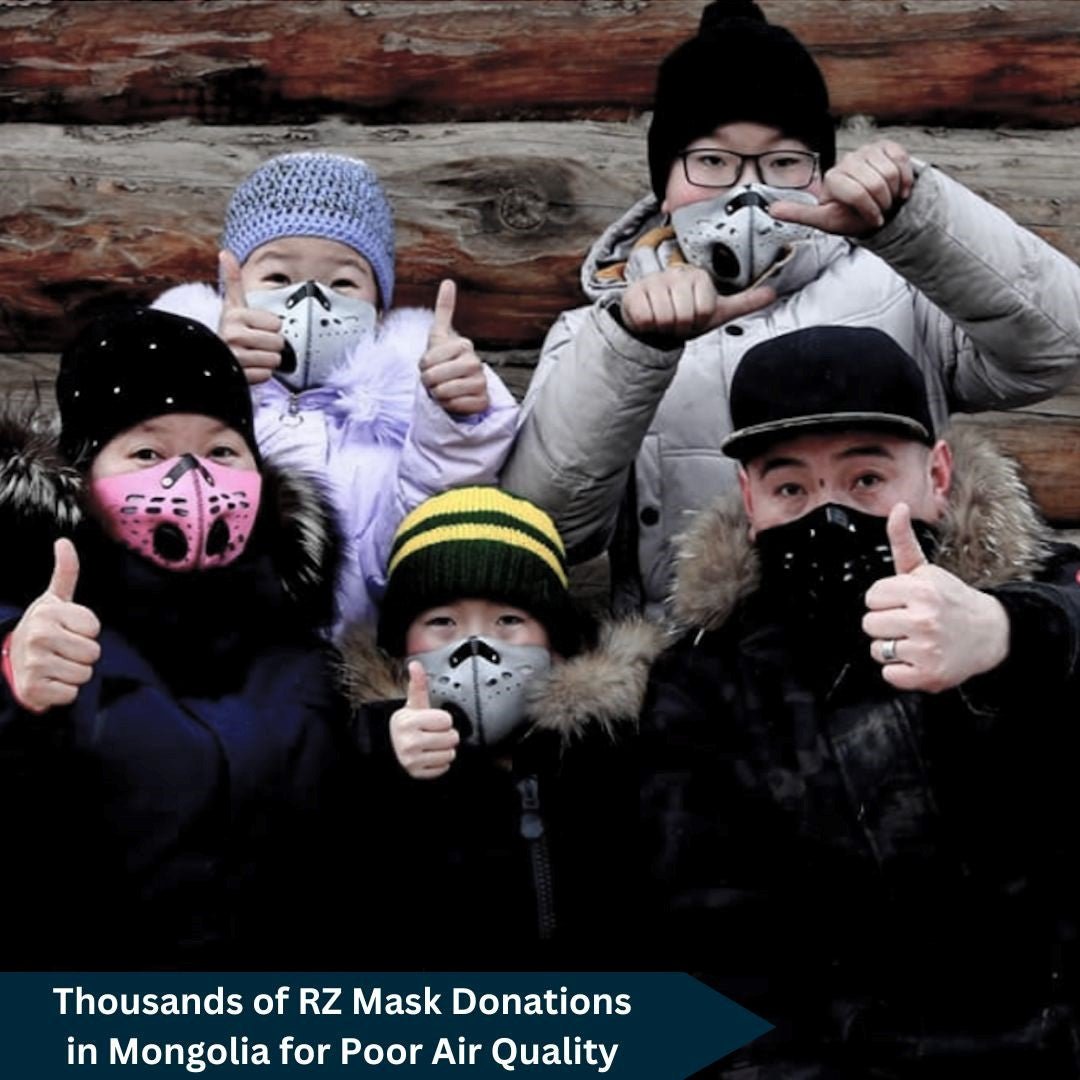
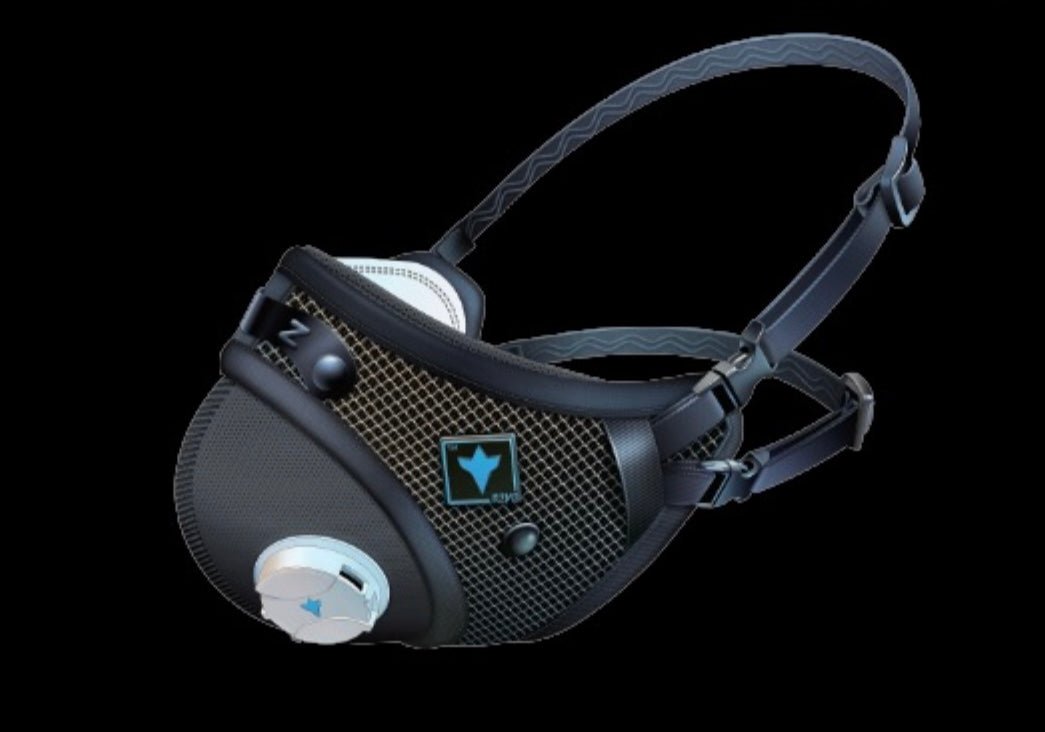
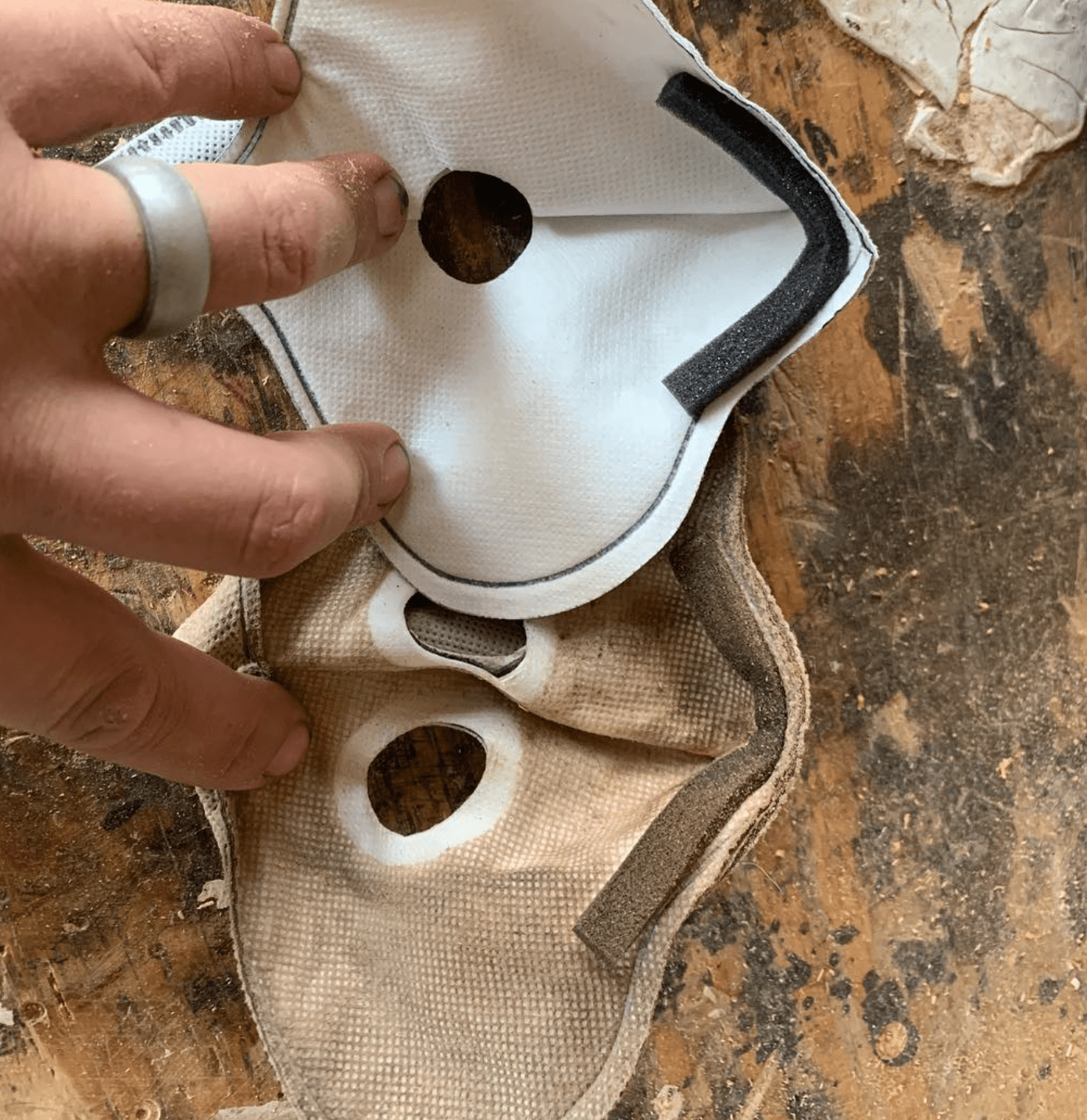
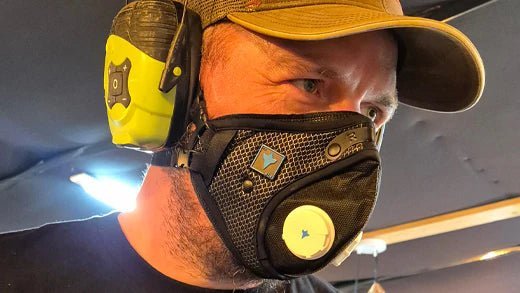

RZ Asks a Pro Landscaper: How Do You Get Green Grass All Summer?
Behind the Mask: Meghan Robertson of Honeybeezigns